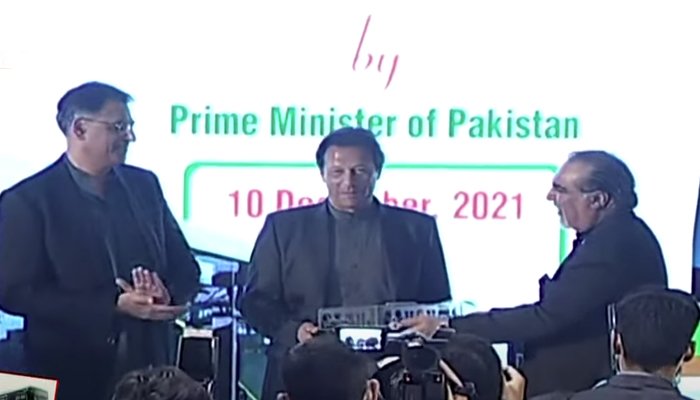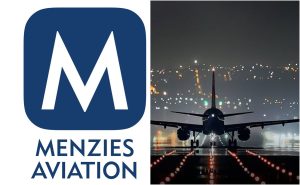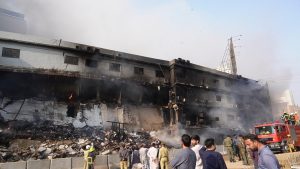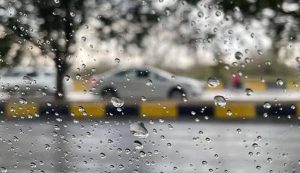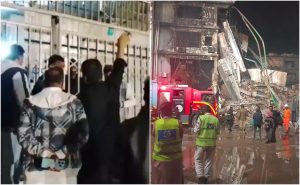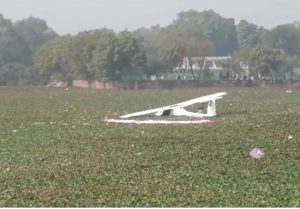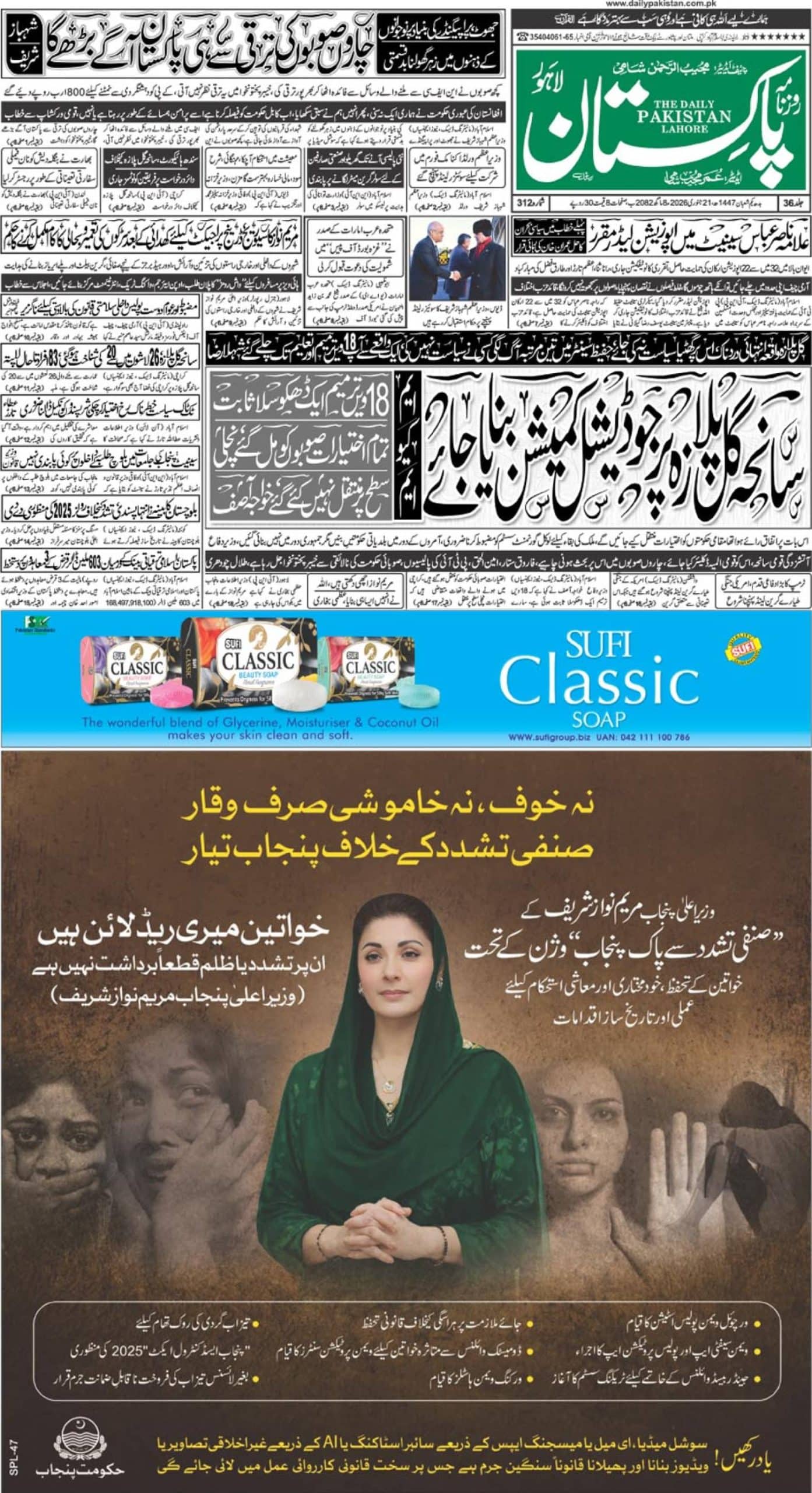KARACHI – Prime Minister Imran Khan Friday inaugurated the trial operation of the much-awaited Green Line Bus Service project, the first mass transit system in the port city.
The inauguration ceremony was held at the main station of the project at Numaish Chowrangi. He inaugurated the first phase of transport project under the Karachi Transformation Plan launched by the federal government.
Addressing the ceremony, the premier said that modern transportation system is must for the development of a city, adding that prosperity in Karachi will make Pakistan prosperous.
وزیراعظم عمران خان نے کراچی گرین لائن بس ریپڈ ٹرانزٹ سسٹم کا افتتاح کردیا۔
#GreenLineForKarachi pic.twitter.com/zZSiFolKdD— PTI (@PTIofficial) December 10, 2021
He said that the Green Line Bus project is the first step towards making Karachi a modern city.
He lamented that previous government did not pay the due attention to the country’s largest city. He called for giving autonomy to Karachi, just like Tehran, London, and New York to make it prosper.
He also stressed that the mayor of the city should be directly elected, adding that PTI was about to do it in Peshawar, Islamabad, and Lahore.
Talking about the Karachi Transformation Plan, PM Imran Khan said that the government is fulfilling its promises related to development of the city.
The groundbreaking ceremony of the K4 Project would be performed next month, he said, adding that it will be completed in the next 14-15 months.
He said that Karachi will start receiving water from Kenjhar Lan in August or September 2023.
Karachi’s Green Line BRT project with intersections is 24kms long that includes 12.7km elevated, 10.9kms at grade, and 422 metres underground, and has 25 stations.
The phase-II common corridor from Gurumandir up to Municipal Park with a length of 2.5km has two underpasses at MA Jinnah Road.
The work on the federal-funded project, conceived by the PML-N government, started in the previous regime and was scheduled to finish before the 2018 general election.
Later, the project was extended by another 10 kilometers as initially sought by the Sindh government and the estimated cost crossed the figure of Rs 24billion.

